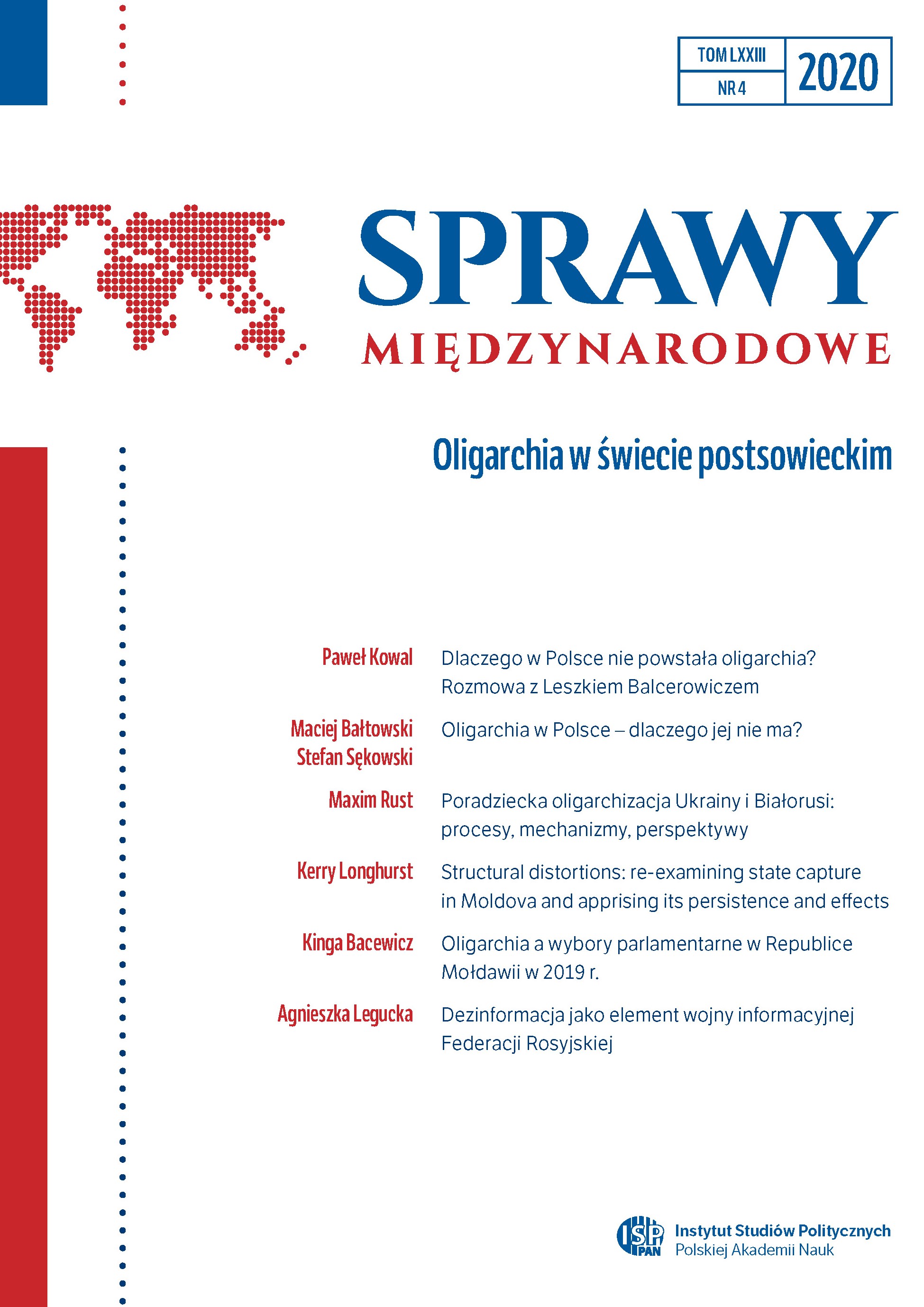The most favoured nation clause in tax matters from the perspective of the EU and the GATT
The most favoured nation clause in tax matters from the perspective of the EU and the GATT
Author(s): Małgorzata WróblewskaSubject(s): Politics / Political Sciences, Politics, EU-Accession / EU-DEvelopment, Fiscal Politics / Budgeting
Published by: Instytut Studiów Politycznych PAN
Keywords: most favoured nation clause; double tax avoidance conventions; oecd; gatt
Summary/Abstract: The most favoured nation clause has been one of the most complex elements of tax law. This results from the fact that it concerns the sensitive matter of the sovereignty of states related to fiscal matters and originates from various legal acts that have been established at international, European Union (EU) and national law levels. Additionally, it is related to the EU’s dual membership of the World Trade Organization (WTO). The added value of the article is the endeavour to define the mutual relationship between the most favoured nation clause expressed in Art. 1 (1) of the GATT, resulting from EU law and Art. 24 of the OECD MC that is the template for bilateral agreements of double tax avoidance. The aim of the research is a comparison of the above-mentioned regulations in order to establish what kind of relationship exists between those regulations. In conclusion, it should be considered that in the current legal state, Art. 1 (1) of the GATT does not constitute the basis for the interpretation of bilateral double taxation avoidance agreements, unless their provisions are consistent with each other. The following research methods have been applied in the article: legal comparison, descriptive and analytical.
Journal: Sprawy Międzynarodowe
- Issue Year: 73/2020
- Issue No: 4
- Page Range: 223-252
- Page Count: 30
- Language: English

